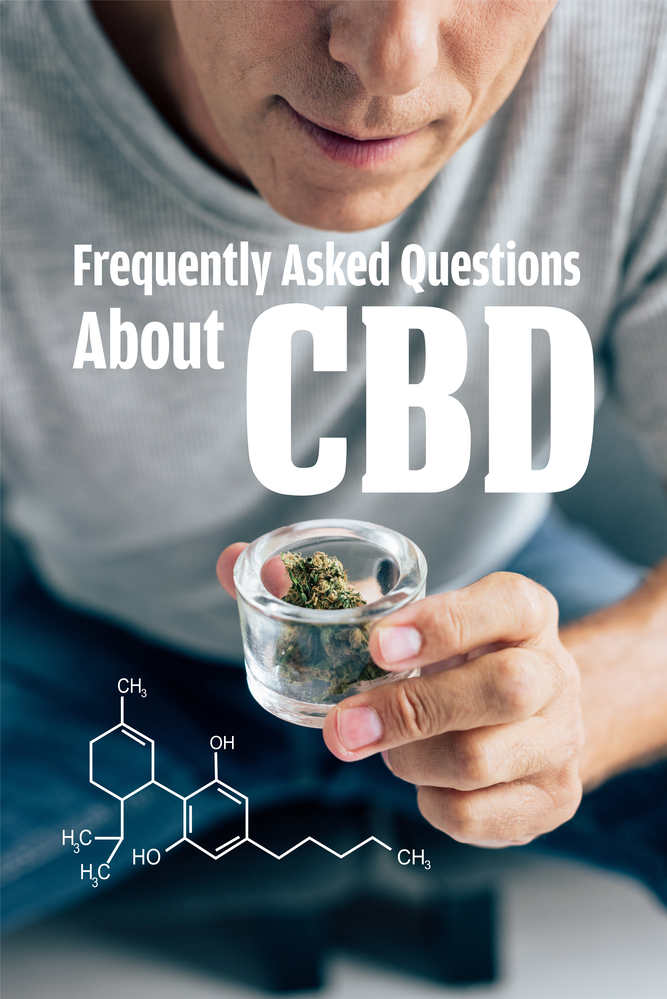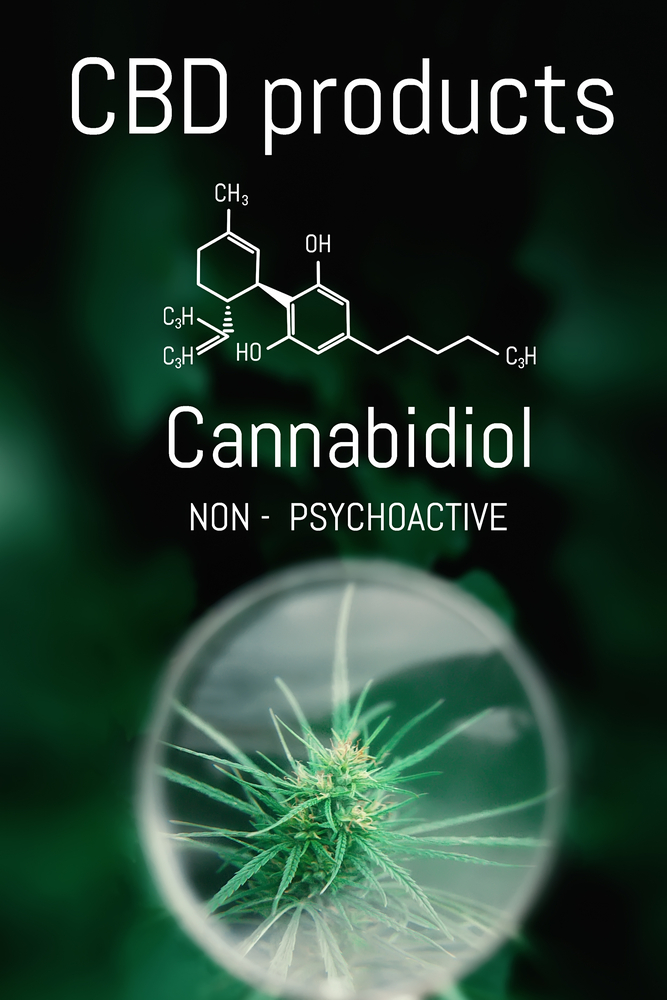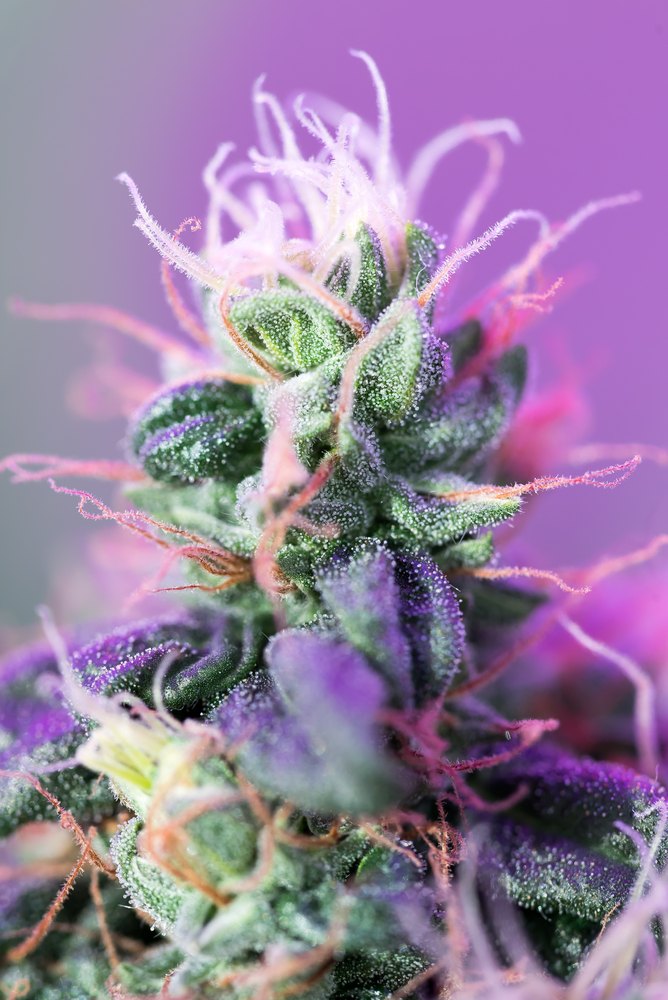CBD Knowledge Hub
CBD Cannabinol
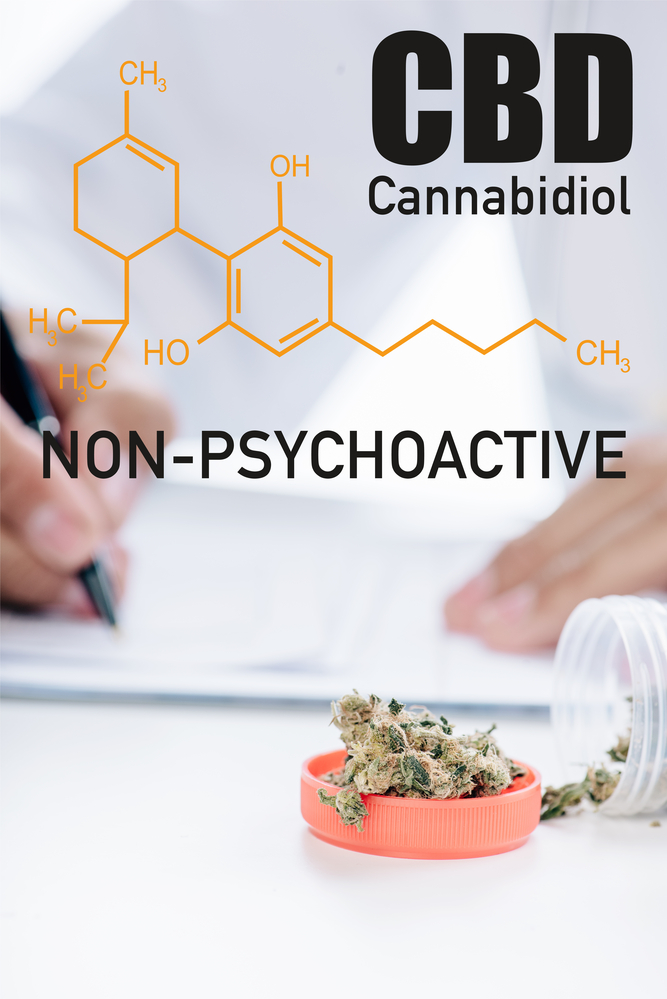
CBD Cannabidiol: A Comprehensive Guide
Cannabidiol (CBD) has emerged as a major topic of interest in both medical and wellness communities. Extracted from the cannabis plant, CBD is recognized for its potential health benefits without the psychoactive effects typically associated with marijuana. This comprehensive guide delves into what CBD is, its benefits, uses, and the science behind it.
Understanding CBD Cannabidiol
CBD is one of over a hundred cannabinoids found in the cannabis plant. Unlike Tetrahydrocannabinol (THC), which is responsible for the ‘high’ from marijuana, CBD is non-intoxicating, offering therapeutic benefits without psychoactive effects.
Origin and Extraction
- Natural Occurrence: CBD is naturally occurring in the hemp plant, a variety of the Cannabis sativa species.
- Extraction Methods: The quality of CBD depends significantly on the extraction process, with CO2 extraction being one of the most effective and safest methods.
The Science Behind CBD
CBD interacts with the body’s endocannabinoid system (ECS), a complex network of receptors and neurotransmitters that play a crucial role in maintaining homeostasis. Unlike THC, which binds directly to these receptors, CBD influences them indirectly, which is why it does not cause psychoactive effects.
Endocannabinoid System and CBD
- Receptors: CBD interacts primarily with CB1 and CB2 receptors, located in the nervous and immune systems respectively.
- Functions: The ECS regulates various functions, including pain, mood, appetite, and memory, which CBD can influence.
Potential Health Benefits of CBD
Research on CBD’s health benefits is evolving, but it has shown promise in several areas:
- Pain Management: CBD may alleviate chronic pain and inflammation.
- Anxiety and Depression: It offers potential as a treatment for anxiety and depressive disorders.
- Sleep Disorders: CBD might improve sleep quality and assist with insomnia.
- Neurological Disorders: Early research suggests benefits for conditions like epilepsy and multiple sclerosis.
Using CBD Products
CBD comes in various forms, each suited for different needs and preferences:
- Oils and Tinctures: For sublingual administration, offering quick absorption.
- Edibles: Gummies, chocolates, and beverages for a discreet and convenient intake.
- Topicals: Creams and lotions for localized application.
- Capsules and Pills: For precise dosing and systemic treatment.
Dosage and Safety
Determining the right CBD dosage depends on factors like body weight, the condition being treated, and individual body chemistry. Starting with a low dose and gradually increasing is advised.
Safety and Side Effects
CBD is generally well-tolerated, but side effects can include dry mouth, diarrhea, and fatigue. It’s important to consult healthcare professionals, especially when using other medications.
Legal Aspects
The legal status of CBD varies by country and, in some cases, by state or region. Typically, CBD derived from hemp with low THC levels is legal in many places, but it’s essential to be informed about local laws.





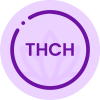
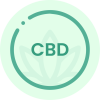
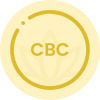


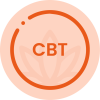

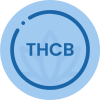
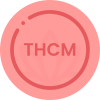
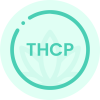
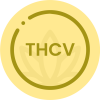
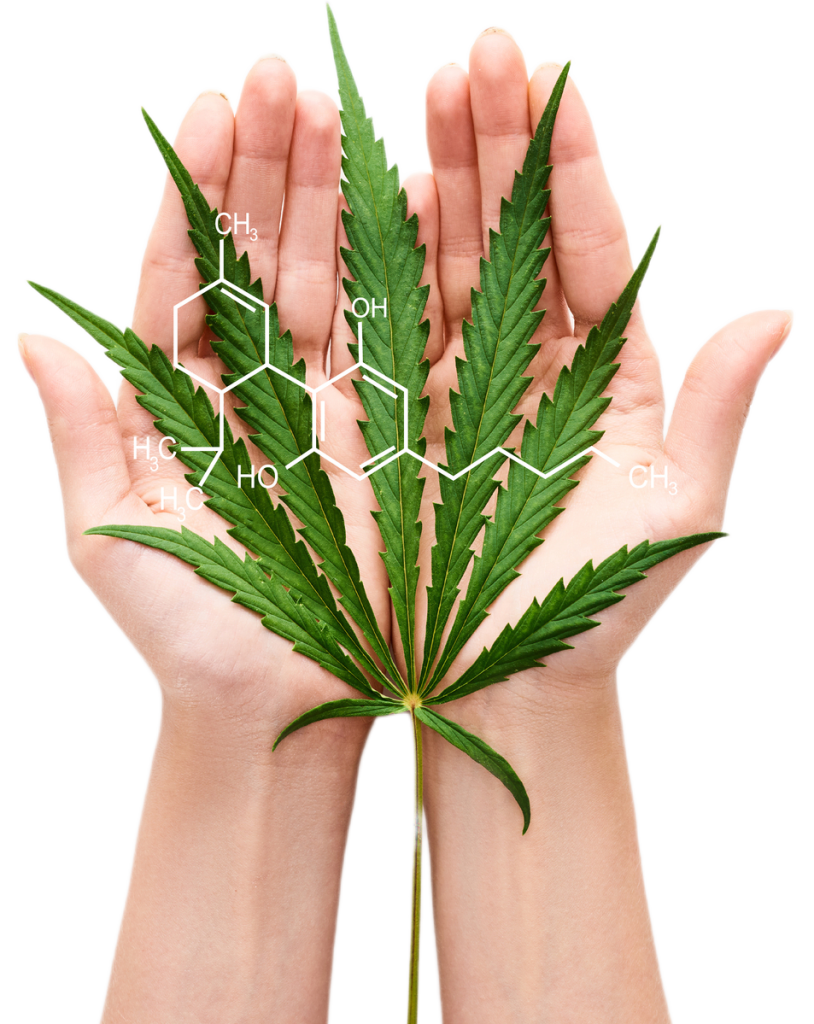

![gg-logo-web-3[1] gg logo web 3[1]](https://d25pbp999fz757.cloudfront.net/wp-content/uploads/elementor/thumbs/gg-logo-web-31-e1702362118260-qkhgbmdkn18qyowrnio3ep04x25q8zkjjrw4kyc0lc.png)
